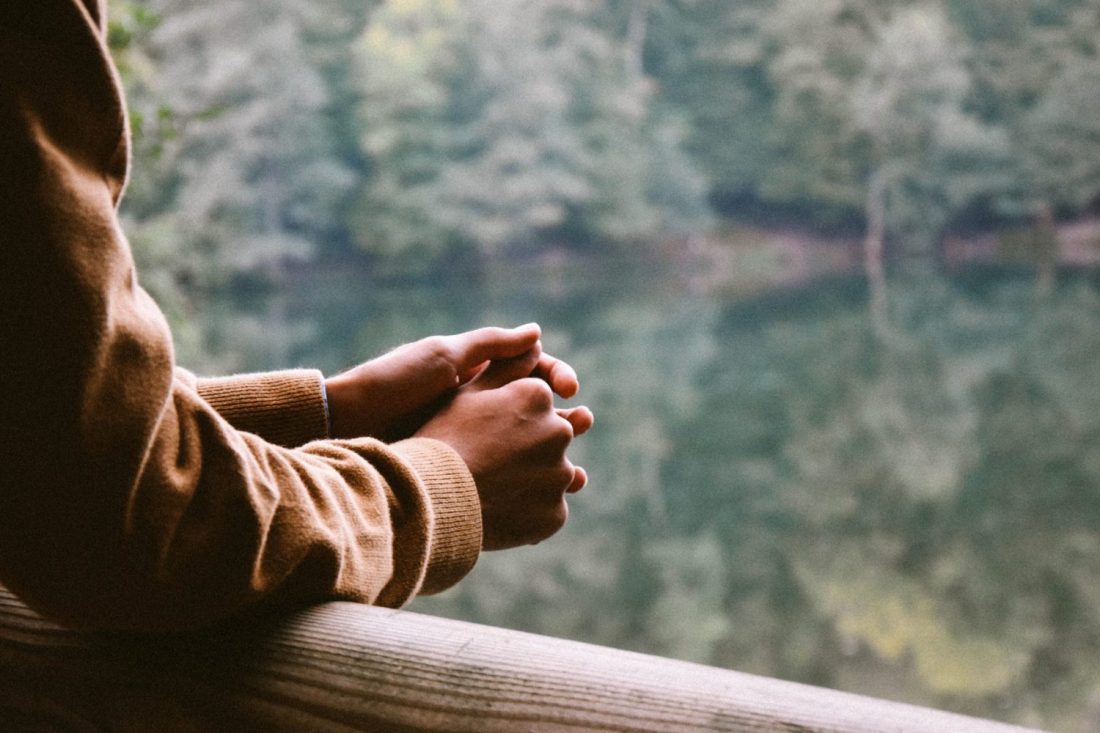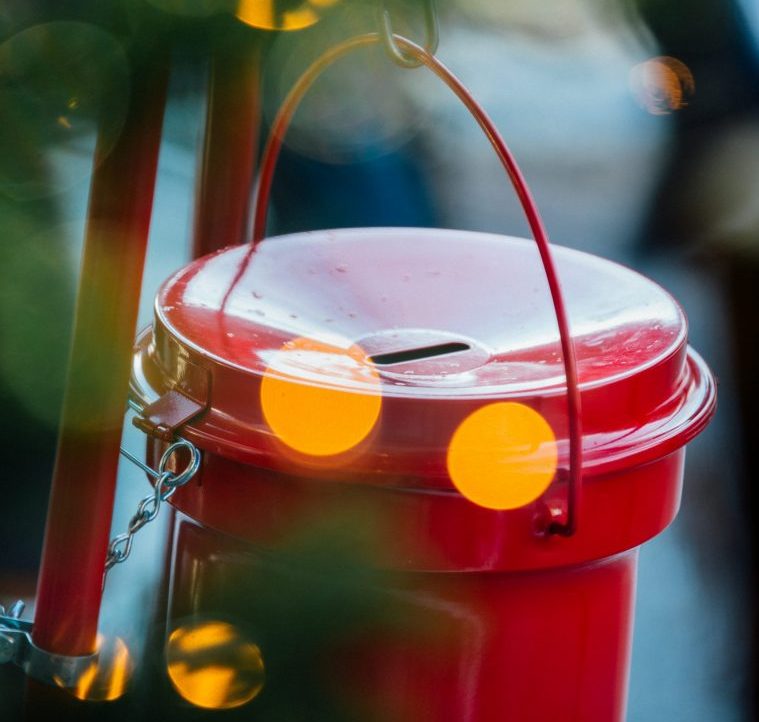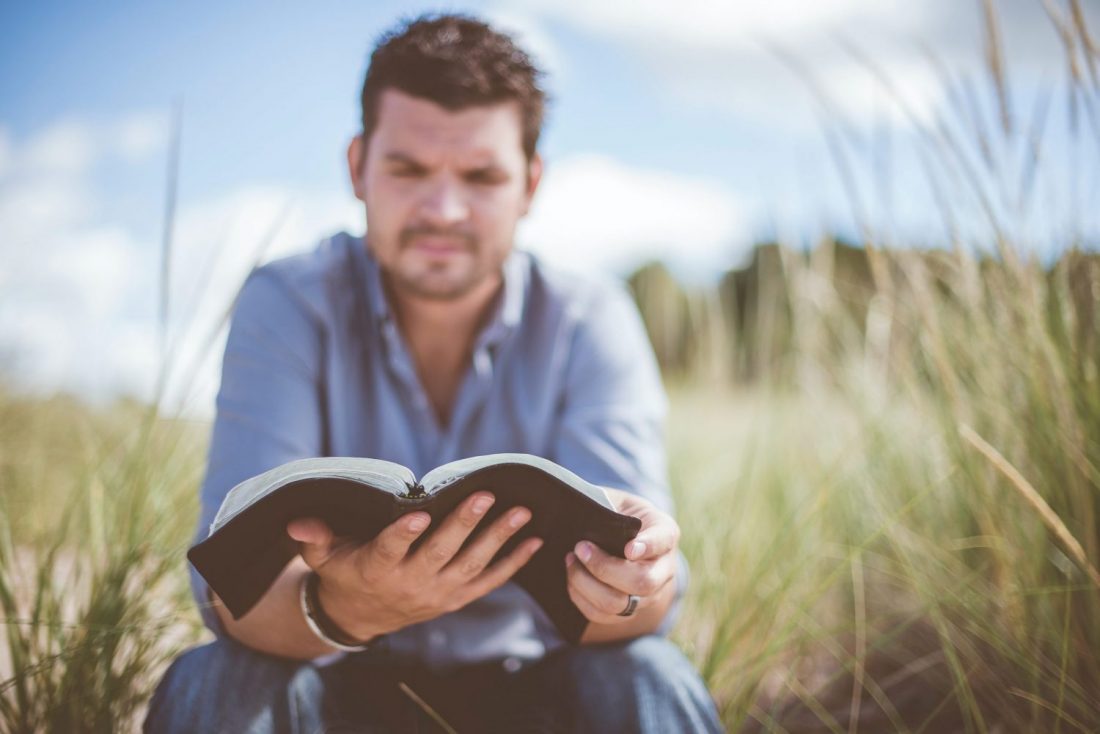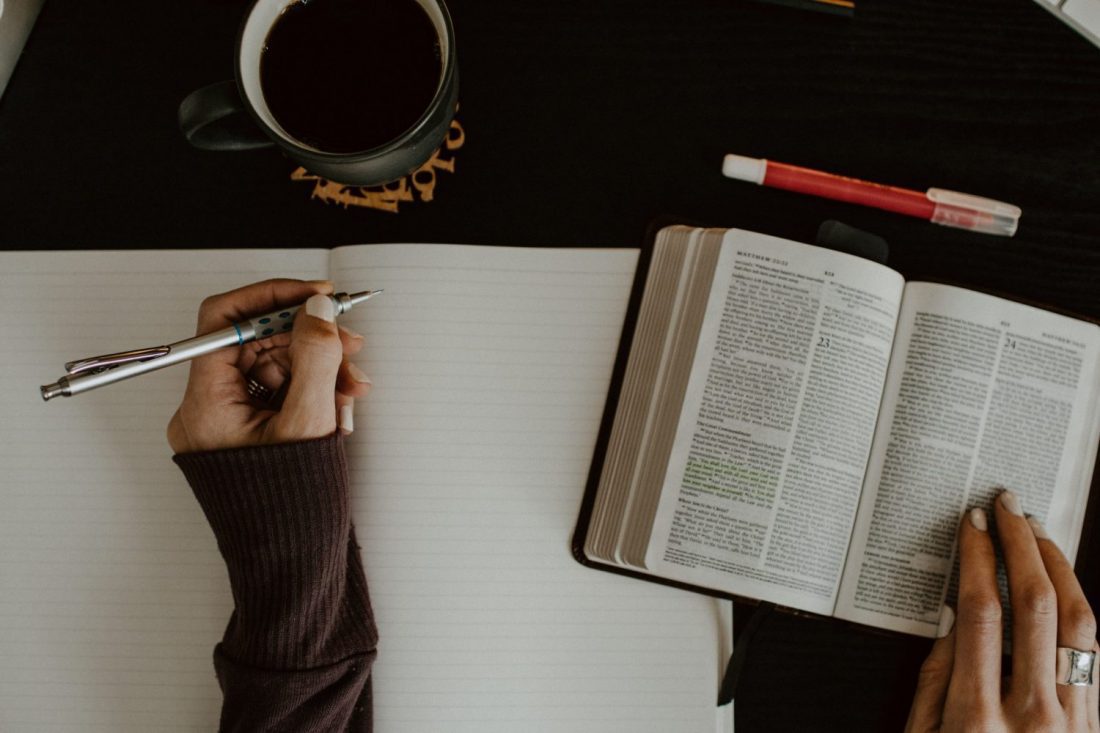Listen to this article
Listen to this article
Loading
Play
Pause
Options
0:00
-:--
1x
Playback Speed- 0.5
- 0.6
- 0.7
- 0.8
- 0.9
- 1
- 1.1
- 1.2
- 1.3
- 1.5
- 2
Audio Language
- English
- French
- German
- Italian
- Spanish
Open text
breathe and experience the wonder. “i am the alpha and the omega—the beginning and the end,” says the lord god. “i am the one who is, who always was, and who is still to come—the almighty one” (rev. 1:8 nlt). breathe in. breathe out. breathe in. breathe out. paying attention to our breathing is at the heart of any kind of centering prayer and mindfulness practice. our minds love to distract us by dancing through future plans or revisiting past memories when we’re attempting to quiet ourselves. my mind’s favorite move is to remind me of a song i love but have forgotten a line or two of. it’s very cunning in its argument to get on google for a second and look up the lyrics to solve the mystery. this is just the gateway to distraction. it knows that five minutes later, i’ll be looking up the weather forecast for my next trip and ordering those sweatpants i convinced myself i needed in order to feel complete. focusing on the movement of breath in and out of your body anchors you to the present moment and slowly calms down that distracted mind. the hebrew language has a word for breath—ruach. it’s the same word for wind and spirit. it appears throughout scripture: as the spirit hovering over the deep in the beginning, as the breath god breathes into adam, as the spirit of counsel and wisdom prophesied in isaiah, and as the spirit that came to rest on jesus in the form of a dove (see genesis 1:2; 2:7; isaiah 11:2; john 1:32). it’s a multifaceted word alluding to the hidden animating spirit from whom all life emanates. to participate in this world, with the seen and unseen, is to breathe in and out the air that gives life to our bodies, and with that breathing to become aware of the spirit who gives life to that deep hidden side of us as well. throughout the scriptures, the place to meet the divine has taken many forms. from a wrestling match, to a bush, to a mountain, to a tent, to a trunk, to a temple—but probably the most expected would be in the very lungs of a baby. one of the most amazing experiences is holding a sleeping baby on your chest. sitting, doing nothing other than feeling their little lungs move in and out. in and out. partaking in the same ruach rhythm as you do. we can control our breathing, but mostly it is an involuntary action. it’s something that sustains our living while our attention is elsewhere. same with our heartbeat. it’s happening without our attention. we’re not in charge of our heartbeats. we are not in charge of our breathing. so much of living is not up to our willpower. imagine being mary or joseph. holding your newborn baby. silently together. listening to his little breaths. aware of your own breaths. three sets of inhales and exhales braided quietly together. the sound of a new family. in. out. in. out. what does it say about a god who is willing to be this present with us? a god who is everywhere at once, a god whom the world cannot contain, yet who has been present with humanity in a box (ark of the covenant), in a body (skull and heart), in a blessing (cup and cross), and in our very breath. “look, the lamb of god, who takes away the sin of the world!” (john 1:29). maybe the place we can experience the wonder of this season is in the moments we stop and listen to our very own breathing. to pay attention to the rhythm of ruach already inside us. and to realize that the divine with us is not in a building we must journey to, but is in the animating breath of what makes us alive. may you awaken to the inseparable love of god by the very breathing that you are not in charge of. excerpted from honest advent: awakening to the wonder of god-with-us then, here, and now by scott erickson. copyright ©2020 by scott erickson. published by zondervan. used by permission. do good:. read “honest advent: awakening to the wonder of god-with-us then, here, and now” (zondervan, 2020) by scott erickson. see how you can get involved in the fight for good with the salvation army.
Open context player
Close context player
Plays:-Audio plays count
breathe and experience the wonder. “i am the alpha and the omega—the beginning and the end,” says the lord god. “i am the one who is, who always was, and who is still to come—the almighty one” (rev. 1:8 nlt). breathe in. breathe out. breathe in. breathe out. paying attention to our breathing is at the heart of any kind of centering prayer and mindfulness practice. our minds love to distract us by dancing through future plans or revisiting past memories when we’re attempting to quiet ourselves. my mind’s favorite move is to remind me of a song i love but have forgotten a line or two of. it’s very cunning in its argument to get on google for a second and look up the lyrics to solve the mystery. this is just the gateway to distraction. it knows that five minutes later, i’ll be looking up the weather forecast for my next trip and ordering those sweatpants i convinced myself i needed in order to feel complete. focusing on the movement of breath in and out of your body anchors you to the present moment and slowly calms down that distracted mind. the hebrew language has a word for breath—ruach. it’s the same word for wind and spirit. it appears throughout scripture: as the spirit hovering over the deep in the beginning, as the breath god breathes into adam, as the spirit of counsel and wisdom prophesied in isaiah, and as the spirit that came to rest on jesus in the form of a dove (see genesis 1:2; 2:7; isaiah 11:2; john 1:32). it’s a multifaceted word alluding to the hidden animating spirit from whom all life emanates. to participate in this world, with the seen and unseen, is to breathe in and out the air that gives life to our bodies, and with that breathing to become aware of the spirit who gives life to that deep hidden side of us as well. throughout the scriptures, the place to meet the divine has taken many forms. from a wrestling match, to a bush, to a mountain, to a tent, to a trunk, to a temple—but probably the most expected would be in the very lungs of a baby. one of the most amazing experiences is holding a sleeping baby on your chest. sitting, doing nothing other than feeling their little lungs move in and out. in and out. partaking in the same ruach rhythm as you do. we can control our breathing, but mostly it is an involuntary action. it’s something that sustains our living while our attention is elsewhere. same with our heartbeat. it’s happening without our attention. we’re not in charge of our heartbeats. we are not in charge of our breathing. so much of living is not up to our willpower. imagine being mary or joseph. holding your newborn baby. silently together. listening to his little breaths. aware of your own breaths. three sets of inhales and exhales braided quietly together. the sound of a new family. in. out. in. out. what does it say about a god who is willing to be this present with us? a god who is everywhere at once, a god whom the world cannot contain, yet who has been present with humanity in a box (ark of the covenant), in a body (skull and heart), in a blessing (cup and cross), and in our very breath. “look, the lamb of god, who takes away the sin of the world!” (john 1:29). maybe the place we can experience the wonder of this season is in the moments we stop and listen to our very own breathing. to pay attention to the rhythm of ruach already inside us. and to realize that the divine with us is not in a building we must journey to, but is in the animating breath of what makes us alive. may you awaken to the inseparable love of god by the very breathing that you are not in charge of. excerpted from honest advent: awakening to the wonder of god-with-us then, here, and now by scott erickson. copyright ©2020 by scott erickson. published by zondervan. used by permission. do good:. read “honest advent: awakening to the wonder of god-with-us then, here, and now” (zondervan, 2020) by scott erickson. see how you can get involved in the fight for good with the salvation army.
Listen to this article

















